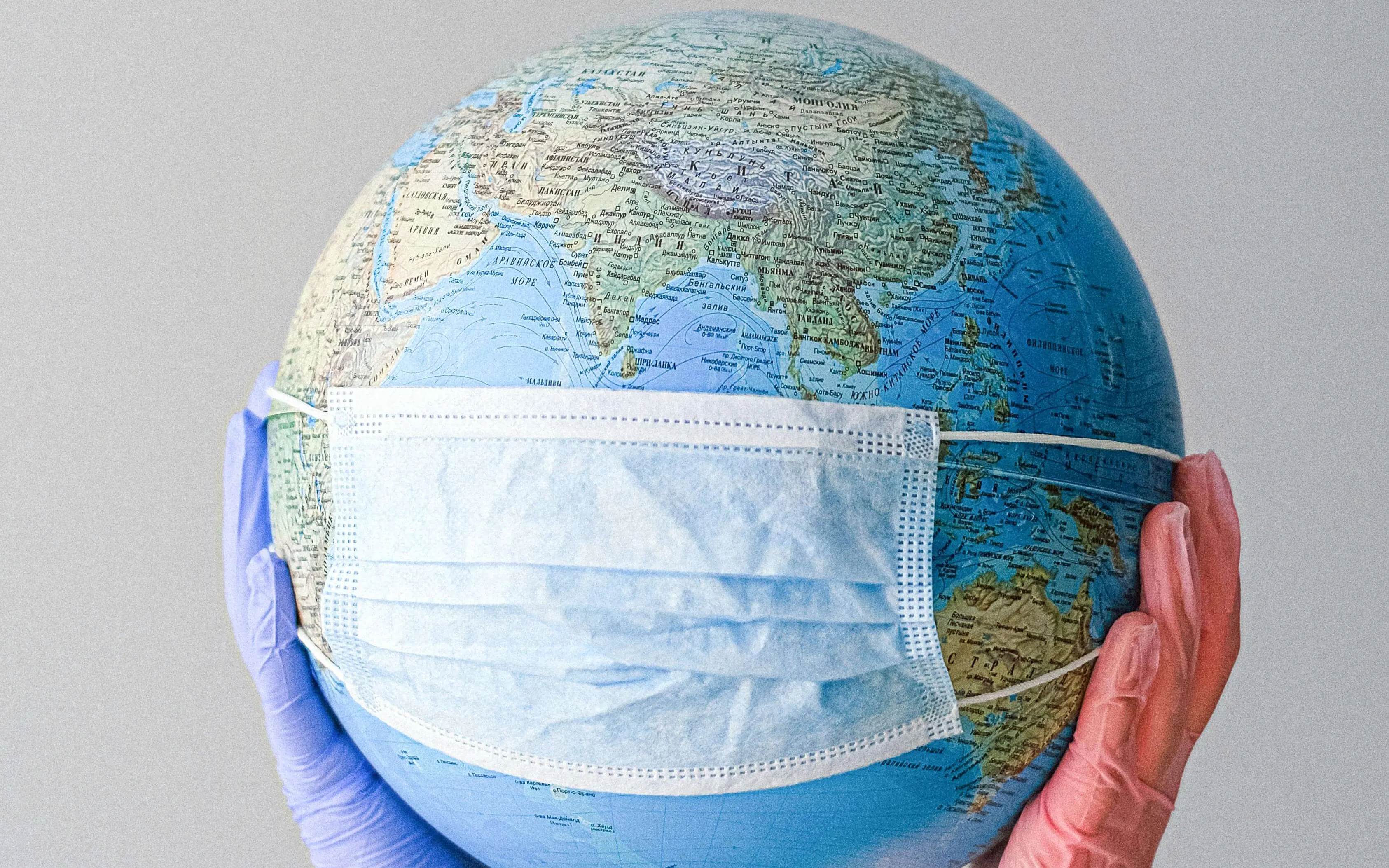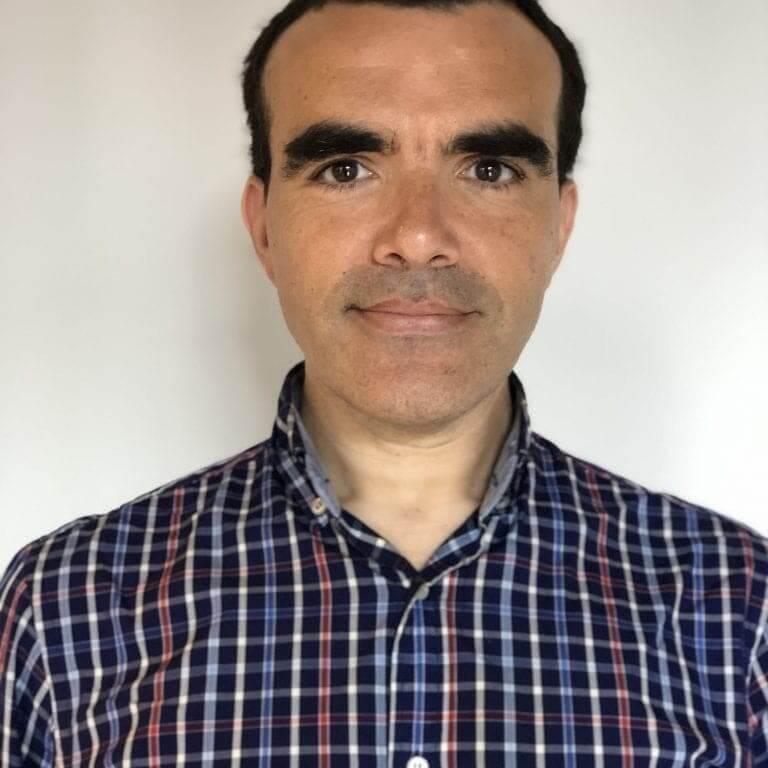
Since Health Action International (HAI) was founded over 40 years ago, the role of civil society in Global Health has dramatically evolved. From ad-hoc interventions mostly linked to charity and goodwill, non-governmental organisations have become singular actors with specific goals and the ability to mobilise resources, and exert influence to bring about change.
HAI is a good example of this transformation. Despite necessary changes it remains a research-based organisation that engages in outreach, advocacy and lobby through high-quality evidence-based materials and resources.
Covid-19 pushed the work of organisations like HAI to the forefront of public health policy as never before, yet the results were not reassuring. Campaigns around topics such as a waiver on the Trade Related Aspects of Intellectual Property (TRIPS) for Covid-19 related health goods or the need for greater transparency on vaccine procurement contracts were not successful in substantially changing the stance of governments or international organisations. At the same time, public interest civil society was not meaningfully involved in the inception of a number of international ventures created to harness the global response to the pandemic. A handful of Global North-based organisations and individuals were nominally consulted, falling short of comprehensive public discussions and exchanges.
While the public discussion was better informed thanks to the efforts of civil society groups, including HAI, it was not enough to convince governments and lawmakers to support a more equitable and fair response to a global emergency.
If the pandemic was the perfect storm, the aftermath is not more placid. At a time where space for civil society activities—and even existence—is increasingly limited in a number of countries all around the world, the space is also shrinking in venues where it was considered a given: from the WHO to WTO and World Bank. NGOs see their ability to contribute to discussions, participate in meetings or access documents systematically curtailed.
The ongoing deliberations towards a pandemic accord through the Intergovernmental Negotiating Body (INB) is a case in point. Negotiated behind closed doors for over two years, Non-State Actors (a conflated category in which industry-linked organisations co-exist with public interest entities) have been allowed to deliver statements at the beginning of the some of the formal sessions, having no access to the actual deliberations or to the informal conversations taking place in the margins. With the 9th and session to be held in Geneva between 17th and 29th March and the deadline to present a text to be adopted looming, civil society must ensure that voices for equity, solidarity and transparency are not only heard but also listened to.
It is a sadly sombre state of affairs with little scope for optimism but a few reasons for hope. Despite the funding difficulties and political obstacles, civil society participation in Global Health will continue as long as organisations remain independent from private and political agendas and committed to evidence-based advocacy, knowledge-transfer and coalition building, growth and consolidation will be possible.
NGOs must build proactive agendas that address tomorrow’s challenges, even those that question current models of business and operations. How to ensure meaningful participation from groups in situation of vulnerability? How to close the North-South divide that makes some organisations talk on behalf of others? And above all, where to find a legitimacy to oppose and counter government policies? It is in this exercise where civil society can find its strength to keep on pushing for lasting and sustainable change. An endeavour to which HAI will continue to contribute and collaborate.



Add new comment